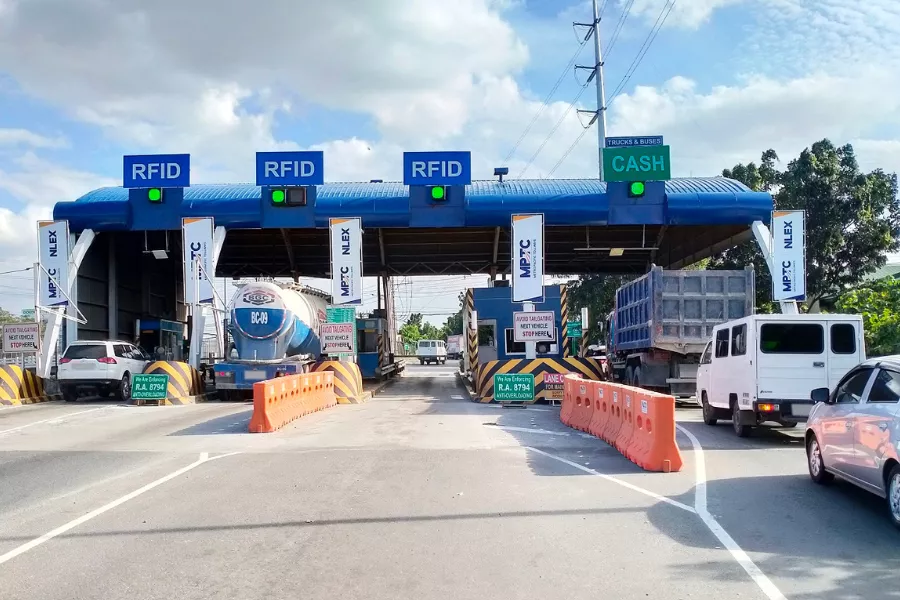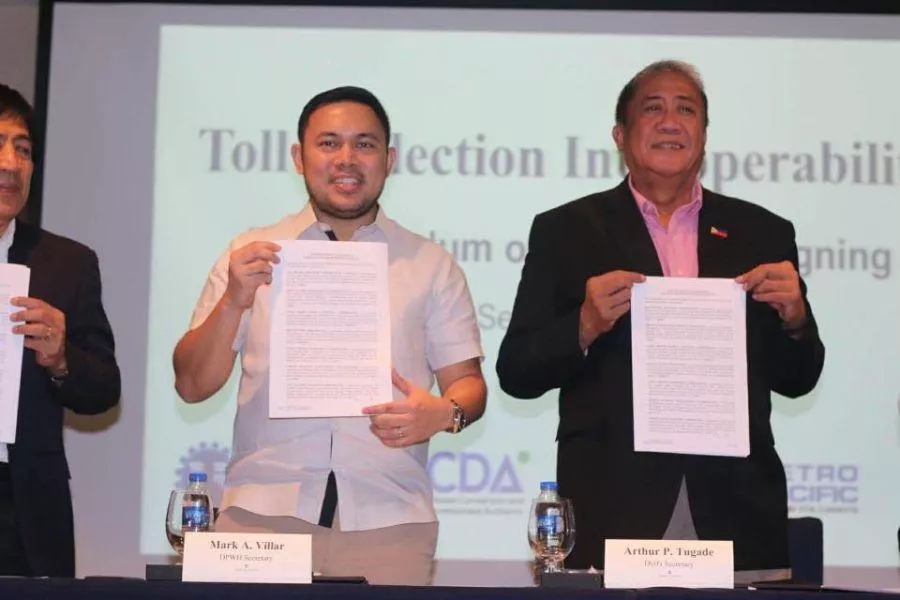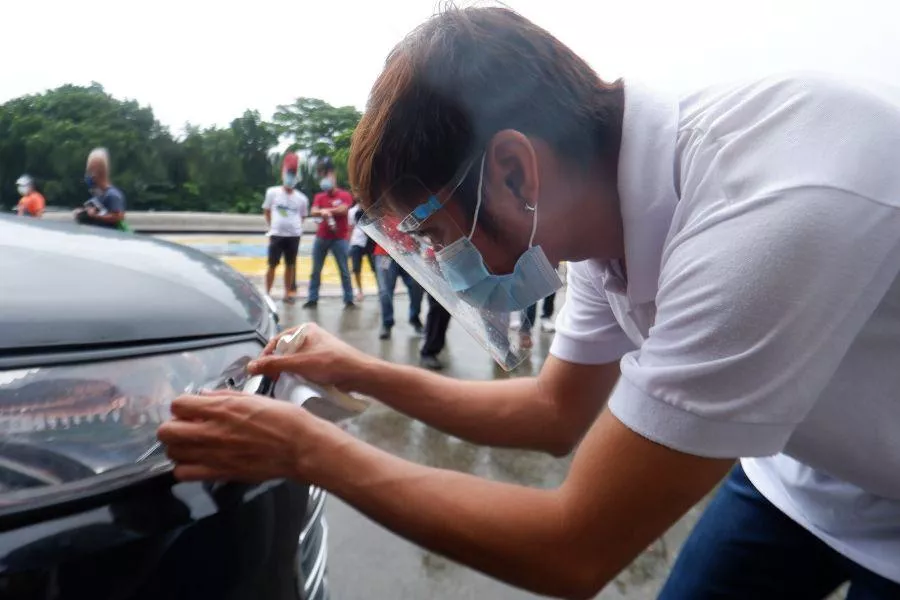Several congressmen have introduced a resolution at the House of Representatives urging the Department of Transportation (DOTr) and its attached agencies to hasten the full implementation of the Toll Interoperability Project.
 A group of congressmen has introduced a House resolution calling for the fast-tracking of the Toll Interoperability Project
A group of congressmen has introduced a House resolution calling for the fast-tracking of the Toll Interoperability Project
Introduced by Reps. Dean Asistio, Oscar Malapitan, Ferdinand Alexander Marcos, Eric Martinez, Edwin Olivarez, and Ramon Revilla III, House Resolution No. 159 wants Phases 2 and 3 of the project fast-tracked, to make cashless toll payments more convenient for motorists driving on expressways.

The project was signed in 2017 by the DOTr, its attached agencies, and the private sector
The Toll Interoperability Project was launched in 2017 through a memorandum of agreement (MOA) signed by the DOTr, the Department of Public Works and highways (DPWH), Land Transportation Office (LTO), and the Toll Regulatory Board (TRB). Private tollway operators San Miguel Group, Metro Pacific Group, and the Ayala Group are also signatories.
Under the agreement, the project is divided into three phases:
- Phase 1 is the implementation of 100 percent cashless and contactless toll payments.
- Phase 2 involves the use of two radio frequency identification (RFID) wallets containing load for payments at specific toll plazas, but with a single RFID sticker readable by sensors at different toll roads.
- Phase 3 calls for one RFID sticker for all tollways, with a single wallet maintained for toll payments.
According to the resolution, the project has been stalled by delays where Phases 2 and 3 are concerned, despite Phase 1 of the project having been completed and implemented for over a year now. Complaints persist from motorists who experience problems with either their Autosweep or Easytrip RFIDs unable to be read at toll plazas.
While the original aim for the project was to allow more convenient travel, the COVID-19 pandemic added a second objective by reducing face-to-face transactions to curb the spread of the virus.

Full implementation of Phase 1 had been pushed back several times, leading to delays
The DOTr’s original deadline of November 2020 to implement a fully cashless toll collection system was moved several times, giving motorists more time to have RFID stickers installed on their vehicles. Even now, cash lanes still exist on most tollways to accommodate vehicles that have no RFID tags.
Get the word on the latest traffic updates at Philkotse.com.
Recent posts
- SMC tollways cashless toll collection Jan 08, 2021
- alternatives to RFID stickers Dec 11, 2020
- RFID Installation FAQs Dec 11, 2020
- Cashless Expressway Guide philippines Sep 15, 2021
- tollways to go cashless Dec 11, 2020












